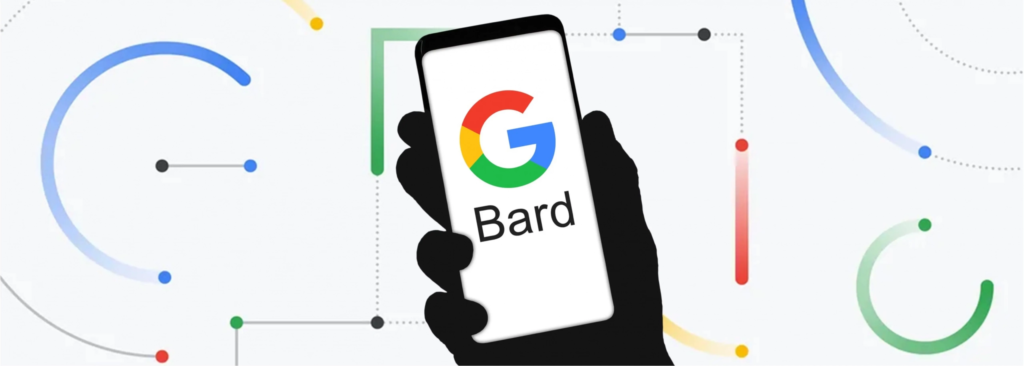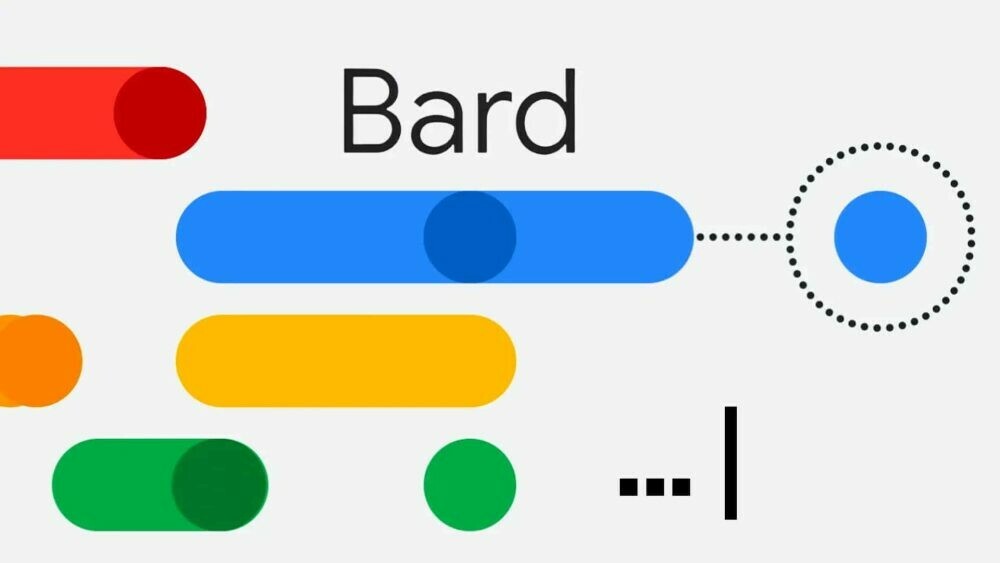Google has announced the expansion of its conversational AI service, Bard, to include 40 additional languages, with Swahili being the first African language to be included. This expansion now brings Bard’s availability to most parts of the world, covering widely spoken languages such as Chinese, German, Spanish, Arabic, Hindi, and more. Users can access Bard in their preferred language, and the service also offers text-to-speech functionality in eight languages.
The Head of Communications and Public Affairs at Google, Dorothy Ooko, expressed excitement about Bard AI extensive expansion, highlighting its role in democratizing knowledge. The aim of Bard is to not only answer questions but to help users explore their curiosity, enhance creativity, and bring ideas to life.

Bard AI New Features
To improve user experience, Google has introduced new features. The “Listen to Responses” feature provides an auditory dimension to Bard’s responses, enabling users to hear accurate pronunciation or understand scripts with a simple click.
Also, users can now customize Bard AI responses by adjusting the tone and style, selecting from options such as simple, long, short, professional, or casual. While this feature is initially available in English, Google plans to extend it to other languages in the future, making it accessible to a broader audience.
Additionally, users can now pin and rename conversations with Bard, facilitating easy access to important information. The ability to export Python code to Replit has also been added, along with the existing option to export to Google Colab, making it simpler for users to collaborate on their code. Users can also share Bard’s responses with others via shareable links. Bard AI now supports image uploads, allowing users to provide prompts using images.
Bard combines Google’s large language models with vast web knowledge, offering a powerful tool that responds to user queries. However, being an experimental technology, Bard may occasionally provide inaccurate statements in response to user prompts.




